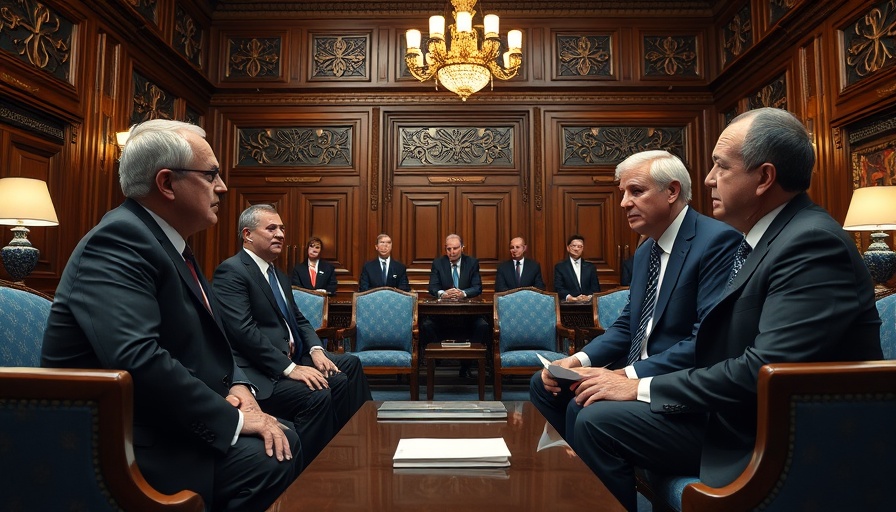
Qatar Hosts Historic Ceasefire Talks Between Rwanda and DRC Leaders
In a significant diplomatic initiative, the State of Qatar facilitated a trilateral meeting in Doha on March 18, 2025,bringing together two pivotal leaders: President Paul Kagame of Rwanda and President Félix Tshisekedi of the Democratic Republic of the Congo (DRC). This gathering marks the first direct talks between the two since the M23 rebels escalated their offensive in eastern DRC, a situation that has created one of the most severe humanitarian crises in the region, displacing millions.
Laudable Progress Amidst Ongoing Turmoil
The meeting’s outcomes reflect a hopeful shift in a conflict marked by decades of instability fueled by complex geopolitical dynamics. Both leaders acknowledged the efforts made during the recent Luanda and Nairobi process, further solidified by the joint summit held in Dar es Salaam, Tanzania. They underscored an immediate and unconditional ceasefire, a pivotal step agreed upon in the discussions, demonstrating a mutual recognition of the urgent need to address violence and ensure peace.
A Broader Context of Regional Tensions
While the commitments made in Doha provide a foundation for optimism, the ongoing conflict is rooted in deeper historical issues stemming from Rwanda’s 1994 genocide and the fierce competition over mineral resources in the eastern DRC. The allegations of Rwanda's military support to M23 rebels add a complex dimension to this scenario, making the quest for lasting peace increasingly challenging.
The Role of Qatar as a Diplomatic Mediator
Qatar's role in mediating this ceasefire exemplifies its growing influence in global diplomacy, particularly in African conflicts. This is not the first occasion where Qatar has stepped in to alleviate tensions, having previously facilitated negotiations in various regions, including its recent efforts in the Gaza conflict.
Implications for Africa's Geopolitical Landscape
The developments in Doha provide critical insights into the evolving dynamics within the African geopolitical landscape. As countries like Qatar take on mediating roles, the potential for improved political stability and economic partnerships in Africa appears promising. This trilateral dialogue could pave the way for new mechanisms of cooperation and trade agreements that leverage peace as a precursor to growth, fostering economic integration across the region.
Business leaders and investors will want to monitor these developments closely, as they imply significant shifts in regional stability that could impact foreign investment opportunities and trade routes in Africa. The call for continued dialogue and the establishment of trust among leaders could enhance the region's appeal on the global stage.
As this story unfolds, stakeholders across the continent and beyond will be keenly observing the outcomes and implications of the Doha talks, marking a potentially transformative phase in Africa's diplomatic and economic relations.
 Add Row
Add Row  Add
Add 


 Add Row
Add Row  Add
Add 

Write A Comment